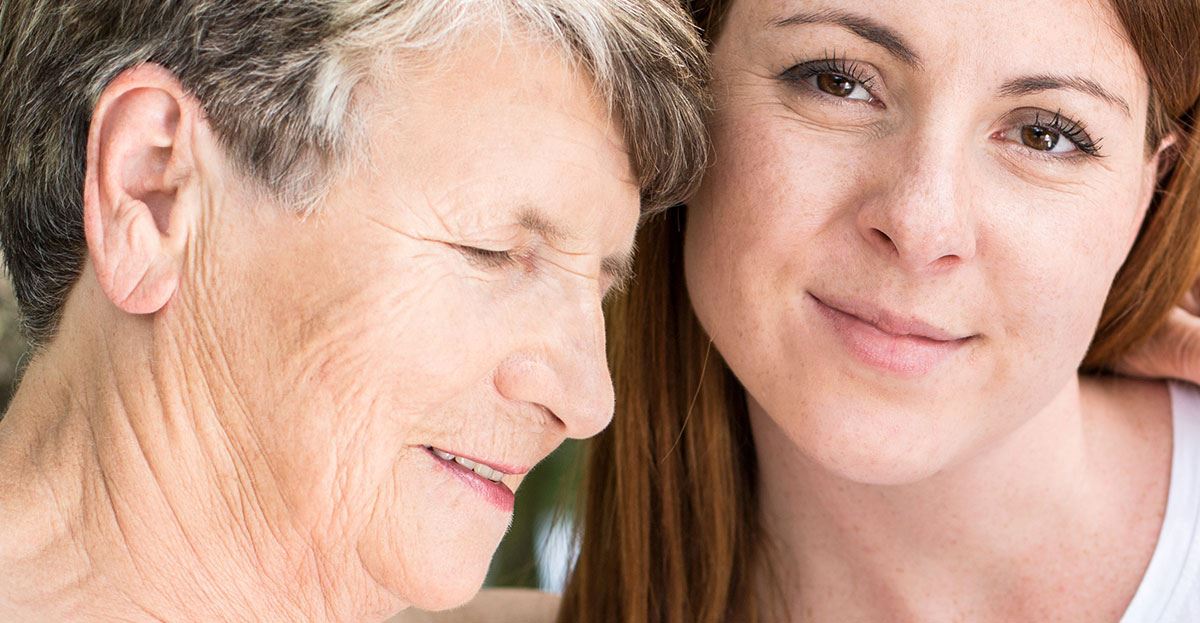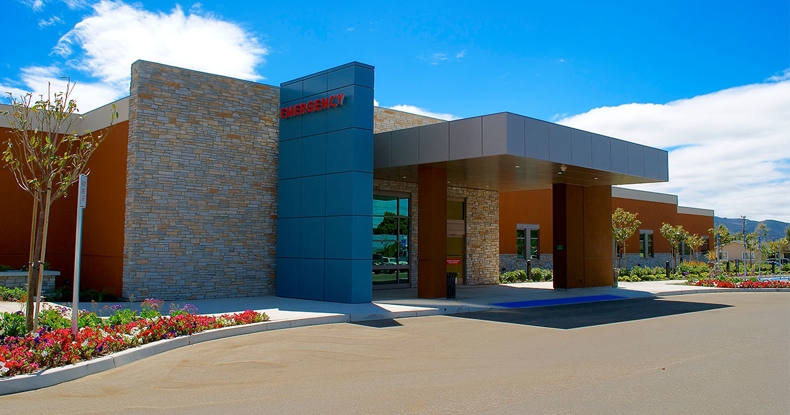Get Help Managing Health for an Aging Population
- Category: Health & Wellness, Aging
- Posted On:
- Written By: Alzheimer's Association

As caregivers in the world of dementia, we often feel as if we cannot prepare in advance for the day-to-day activities of caring for our loved one. We are counseled that we need to live in the moment with them. While that is absolutely true, as dementia progresses in our loved one, we need to become better prepared for the healthcare needs of our loved one and become their advocate.
Health problems associated with Alzheimer’s disease, and the aging population as well, can include depression, fatigue from poor sleep patterns, poor eyesight or hearing, constipation, illnesses such as urinary tract infections and difficulties managing medications.
Managing Health with Technology
So how can a caregiver get help? Believe it or not, there is an app for that. Managing health with technology encompasses many applications and opportunities, particularly for the aging senior population and family caregivers. The Alzheimer's Association has worked with CareZone and the SCAN Foundation to create a version of the CareZone app specifically for caregivers of individuals living with Alzheimer's or dementia.
Features of the CareZone app include:
- Medication scanning – for easier med list accuracy. CareZone’s label scanning technology allows users to quickly and easily create (with no typing!) an accurate medication list that they can have with them at all times.
- Medication reminders – for improved adherence. The medication list automatically adds reminders for when doses need to be taken and prompts users to track adherence.
- Shareable health information – staying in touch for better care. CareZone tracks and securely stores health and personal information that can easily be shared privately with loved ones, caregivers or doctors.
- Educational material - for up-to-date information and research. Users can access the Alzheimer’s Association resources and educational materials from the app to stay up-to-date on the latest Alzheimer’s research and caregiving strategies.
Accessing the app is very easy.
On your mobile device, text “ALZ” to 301-900-5050. You will receive a text message with the link to download the app for free.
Or, go to https://bnc.lt/alz (on any web-enabled device — computer, phone, tablet) and enter your mobile phone number. You will receive a text message on your phone with the link to download the app for free.
When considering the numbers of people diagnosed with dementia-related disorders every year, it’s helpful to be prepared. Alzheimer’s, for instance, is the cause of 100,000 deaths every year in the U.S. The diagnosis and resulting need for care presents emotional and financial burdens for families and loved ones. And no one is immune – Alzheimer’s is a disease that shows no preference for culture, social class, race or education level.
With that reality, managing medical and health information isn’t the only thing for which we can better prepare. We know that our loved one will eventually need to go to the hospital for something; perhaps it is a fall or maybe a simple procedure. Planning ahead is key to making an unexpected or planned trip to the hospital easier. Take some time to learn more by checking out this article:
Preparing Hospital Stays for People with Dementia
Finally, while our loved one may not remember their medical appointments, we have to and we should go with them to these appointments. Prior to any medical appointment, be prepared.
Here are some helpful ideas to consider prior to appointments: Keep a small journal with you so you can quickly jot down any changes in your loved ones’ symptoms, behaviors, adverse reactions to a new medication and other general health issues. Take notes while at the doctor visit so that you can reference them later. Don’t be afraid to ask questions when you don’t understand something.
Find more helpful tips by downloading this document: https://www.alz.org/cacentral/documents/What_Now_-_v2013LCsml.pdf
It’s also critical that you remember as you manage healthcare for an aging friend or loved one that you take care of yourself. Avoiding caregiver burn-out means making sure you are the #1 priority.
At the Alzheimer’s Association, we recommend that you continue doing activities that you enjoy, such as sports, gardening, volunteering, etc. It is critical not to withdraw from friends, relatives, hobbies, church or other support systems. Remember to keep a sense of humor; it’s a critical coping mechanism.
While taking care of another person’s physical needs, it’s vital that you do not ignore your own. Keep groomed, eat healthy meals, exercise and make sure you get your own regular medical check-ups.
Managing healthcare for an aging loved one can be exhausting. Make sure you give yourself private time and space and give yourself permission to take a break. There are support groups and respite care to help you figure out how to manage this.
Stress, fatigue, anger, guilt, and a sense of hopelessness may be among the symptoms you experience as a caregiver. Talk with a friend or family member. Join a support group. Talk to your doctor or spiritual leader. And the Alzheimer’s Helpline at 800-272-3900 can be an invaluable 24-hour, year-round resource.






